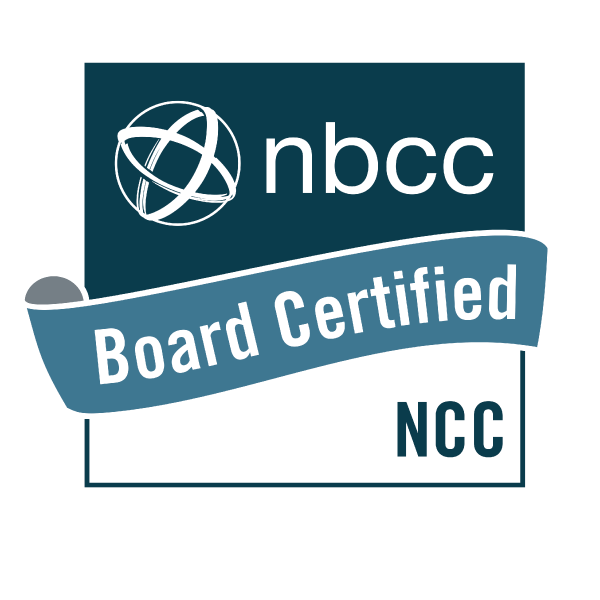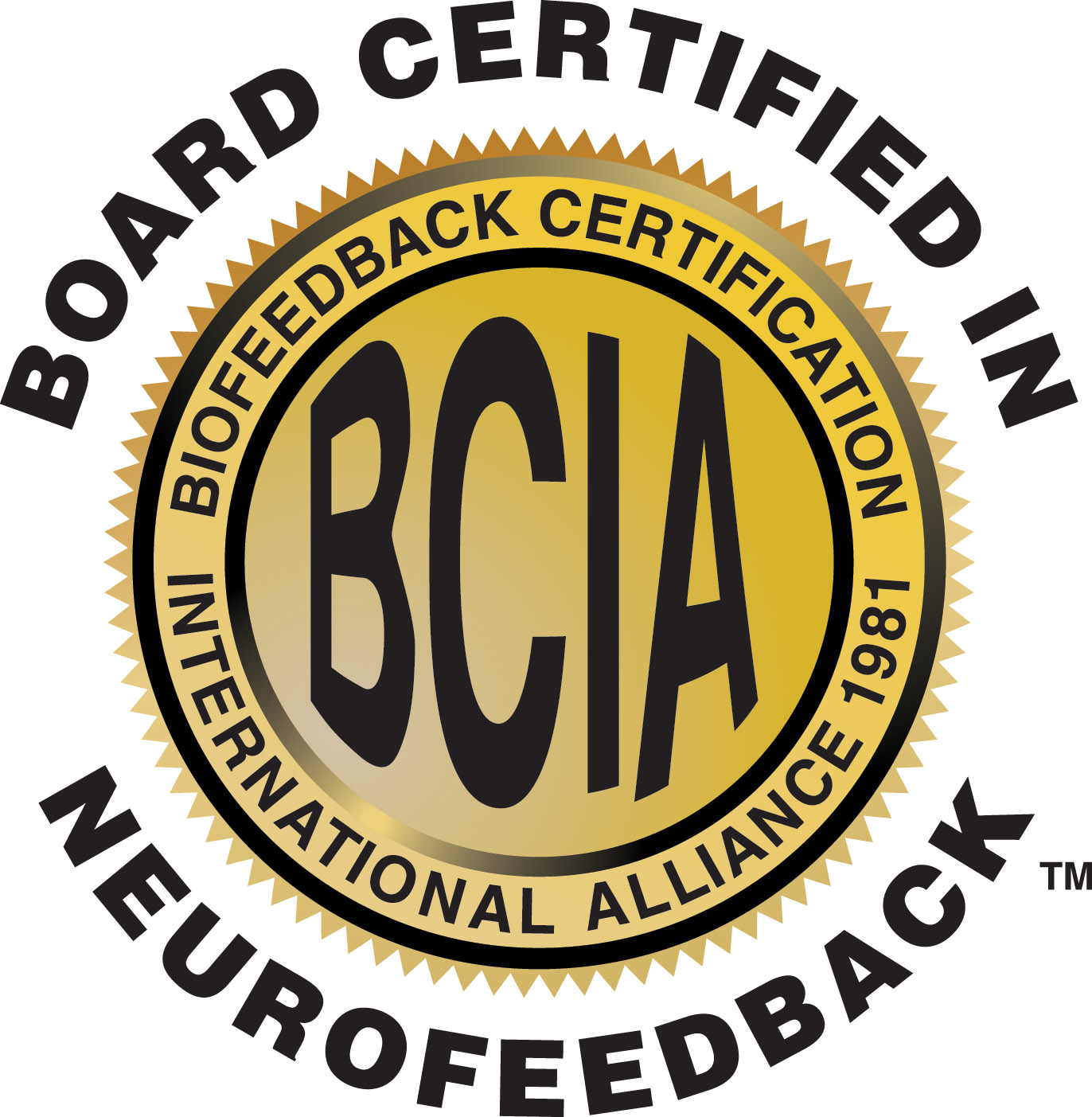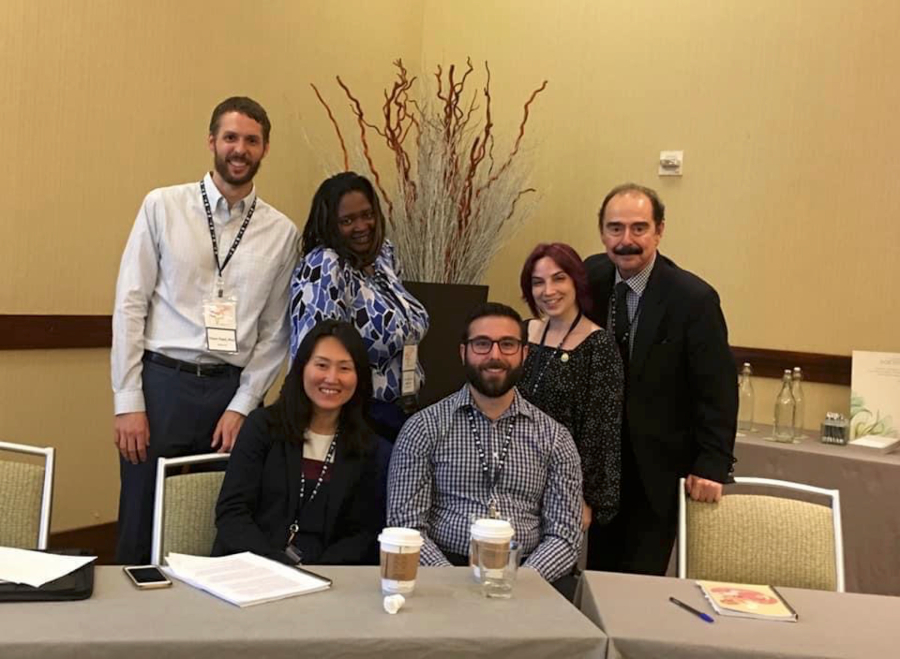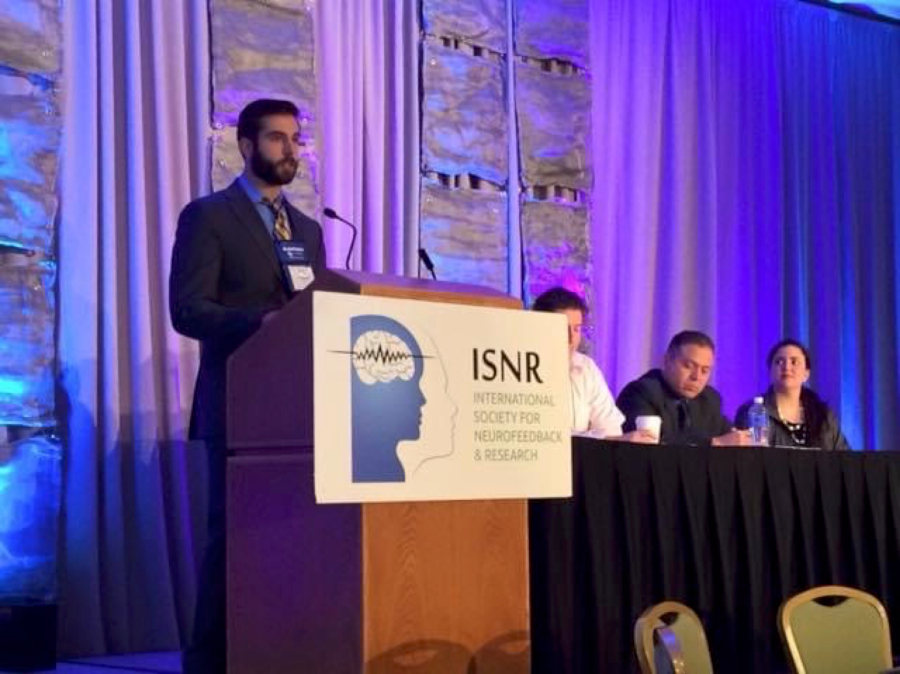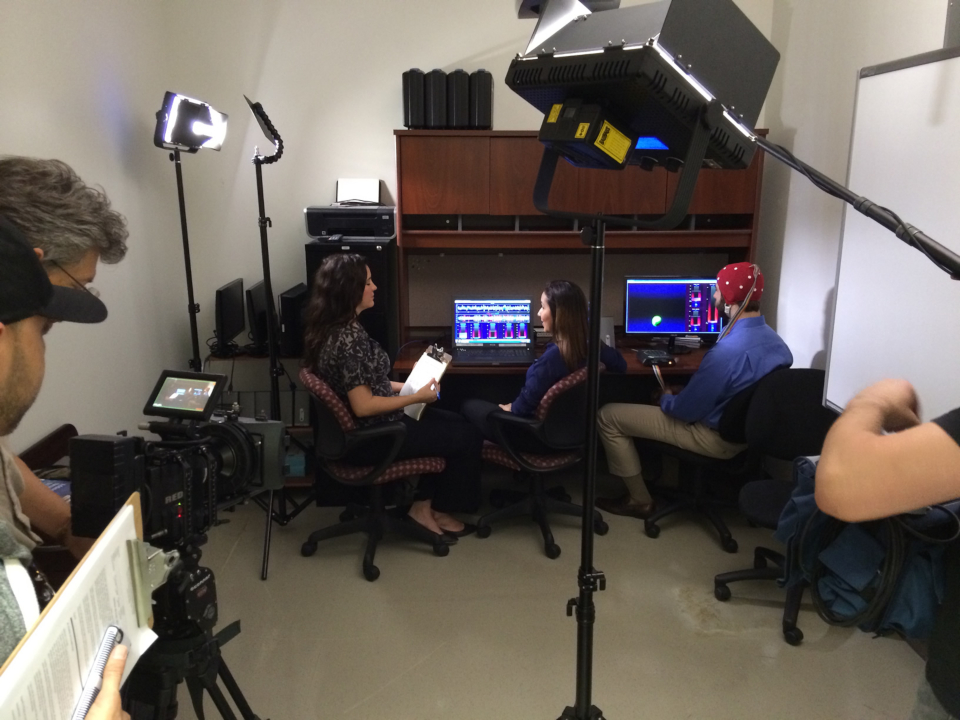Statement of Counseling Theory
Integrative Neurotherapy
I believe that counseling promotes changes in the brain. Each time we learn something new, we create a new connection within our brain. Conversely, when we introduce toxins to our brain such as chronic stress, alcohol, or inadequate sleep, we damage these neurons and impede connections from being made. As such, my predominant theoretical orientation would be identified as integrative neurotherapy. Integrative neurotherapy is the umbrella term which encompasses the approaches included in neuroscience-informed counseling, neurofeedback/biofeedback, and adjunctive therapies or lifestyle changes that impact neural health.
My use of integrative neurotherapy has been informed by my practice in a variety of settings including: psychiatric in-patient hospitals, non-profit organizations, private practice, school-based therapy, university counseling centers, as well as a state-run facility for individuals with intellectual and/or developmental disabilities. I have found that in each of these environments that the use of neuroscience-informed counseling and adjunctive therapies have been welcomed and encouraged. However, neurofeedback/biofeedback has its own limitations due to insurance reimbursement and equipment costs. These experiences inform my current practice as well as serve an integral role in my teachings, research, leadership and advocacy. In nearly every avenue of counseling, I have found that there is a neurophysiological basis or approach which informs clients about the merits of wellness and assists them in identifying and creating changes which promote their growth.
